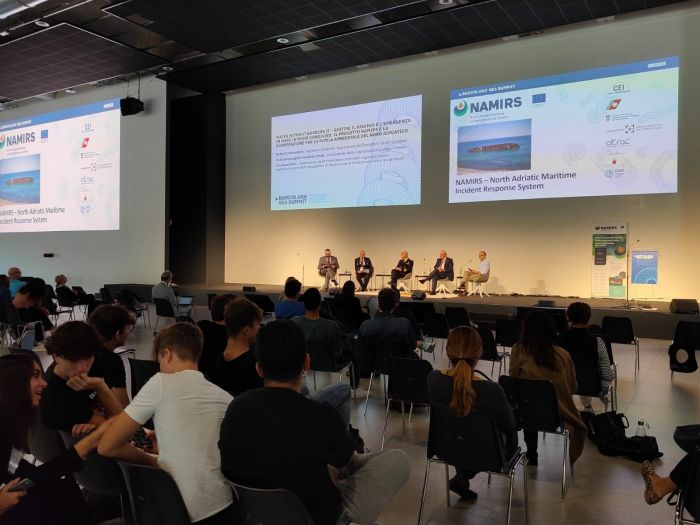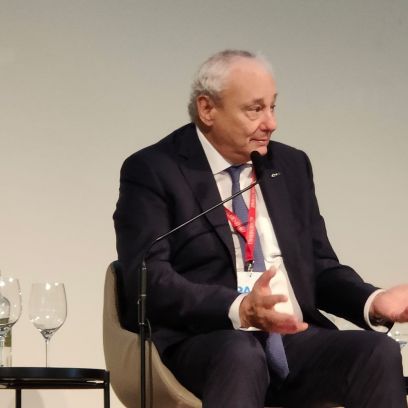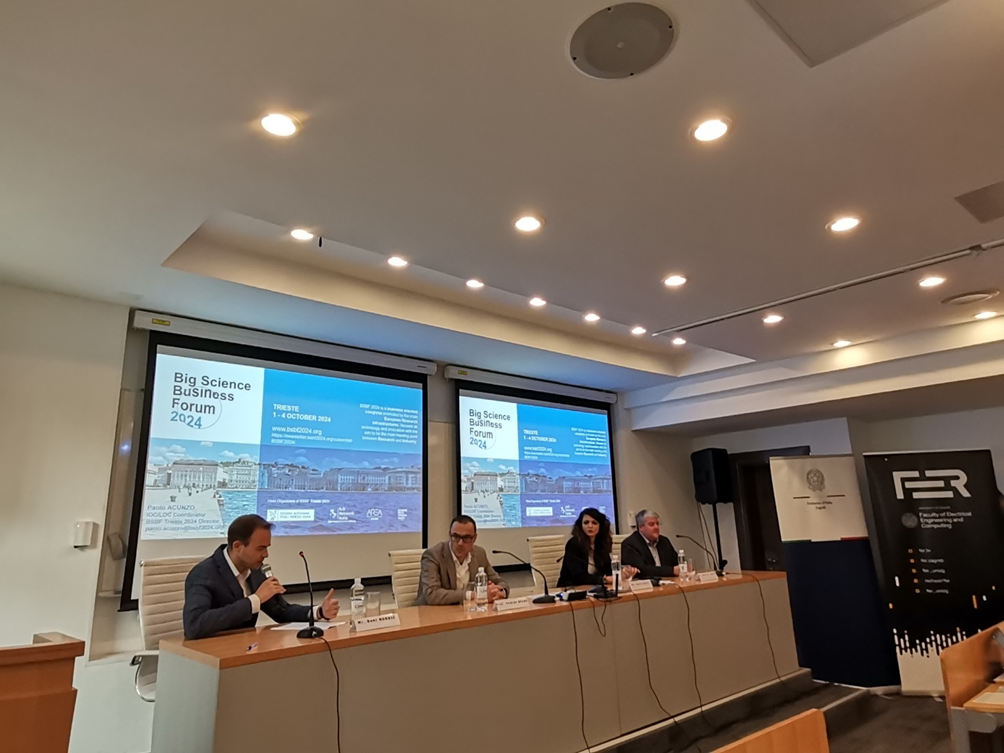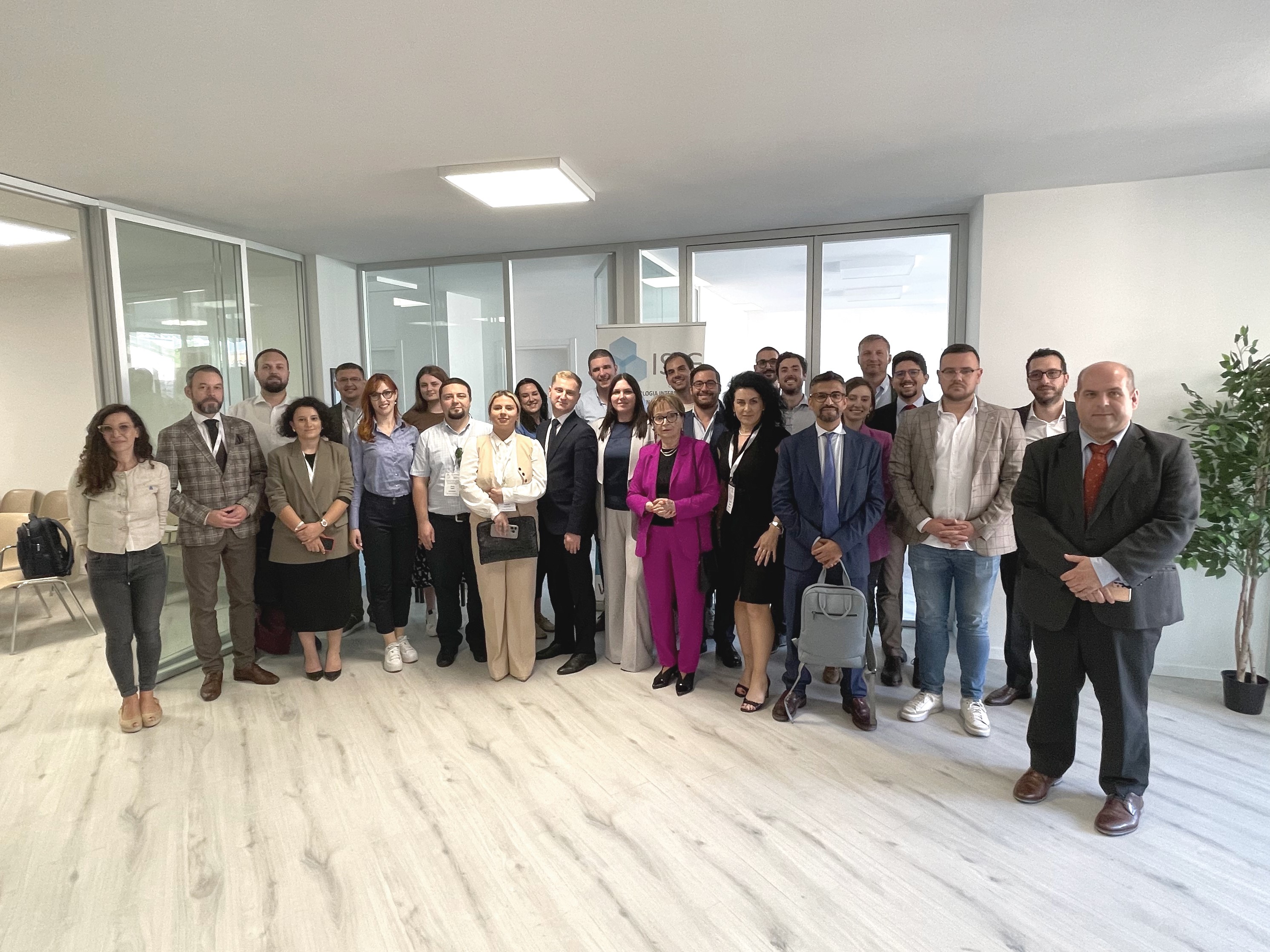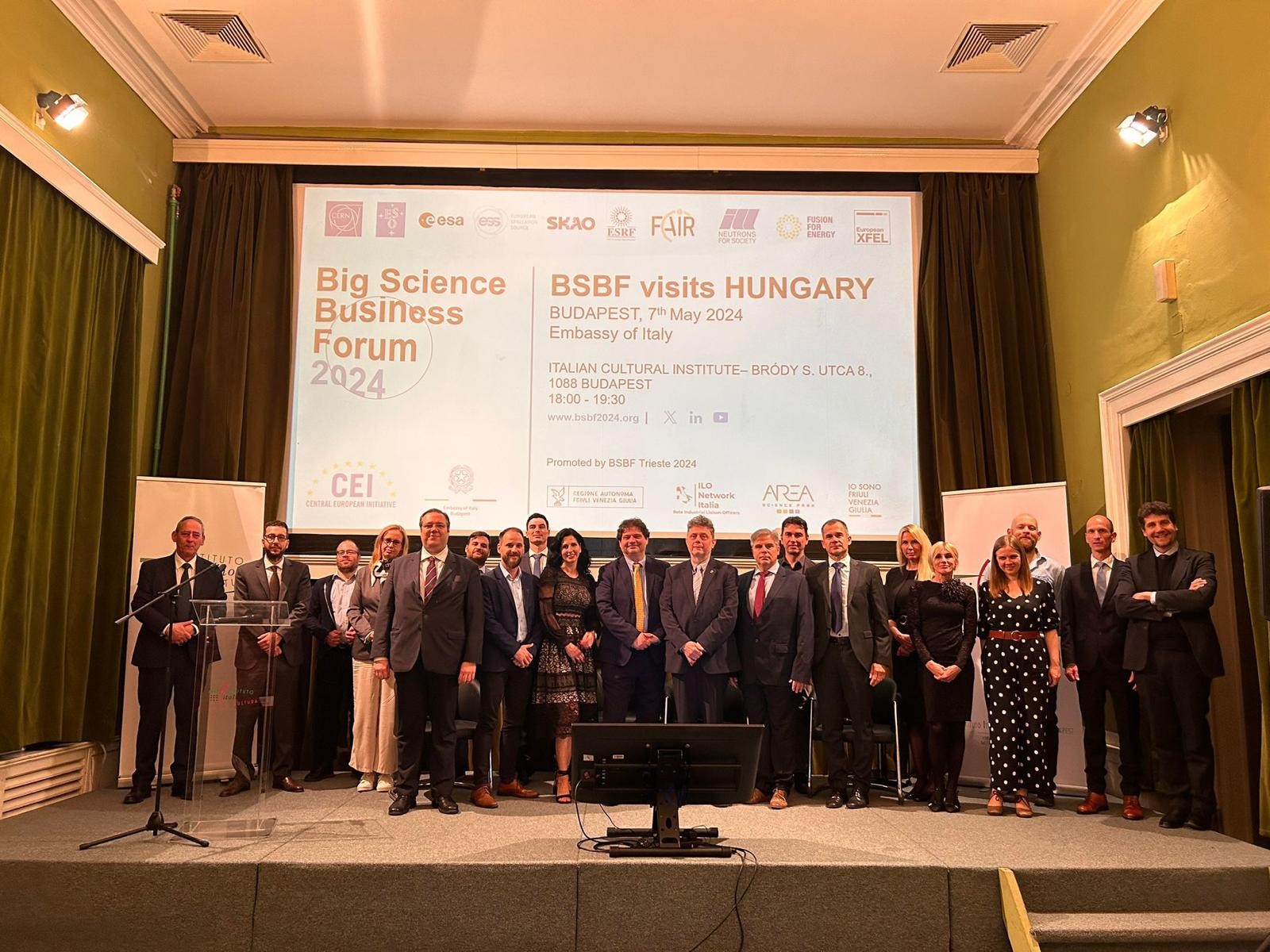The 2022 edition of the Barcolana Sea Summit organised in Trieste on 5-7 October looks at the need for a holistic and integrated approach to face the complexity of ensuring the sustainability of the Mediterranean - thus putting international cooperation, support to science and technology safeguarding the Mediterranean, and the role of businesses and institutions first-place.
In this setting the CEI-Executive Secretariat - for the second year in a row - coordinated the workshop “Water without Borders II” on shared risk and emergency management at sea introducing the EU-funded project “NAMIRS” as one of the major joint initiatives in this sector.
Following the words of Admiral Vincenzo Vitale, Commander Italian Coast Guard Headquarters and partner of the project, NAMIRS "covers an institutional void through a coordinated structure for the prevention of emergencies". Indeed, NAMIRS – North Adriatic Maritime Incident Response System - co-financed by the European Commission in the framework of the Union Civil Protection Mechanism - invests in new technologies to concretely act for the prevention and protection of our sea from oil spills and environmental challenges through coordinated cross-sector and cross-border cooperation between three neighbouring countries: Italy, Croatia, and Slovenia.
Roberto Antonione, CEI Secretary General, who chaired the session emphasing the cross-border dimension of cooperation, highlighted how NAMIRS "continues to foster the central mission of the Central European Initiative, regional cooperation". In fact, as Zvezdan Božič Commander of the Civil Protection of the Coastal region of Slovenia, said: "disasters know no borders, which is why cooperation between different countries is crucial".
The CEI-ES is the coordinator of a consortium of seven partners from Croatia, Italy and Slovenia, who will elaborate specific Guidelines for the revision & update of the Sub-Regional Contingency Plan for the Adriatic Sea.
For more info: marconato@cei.int

